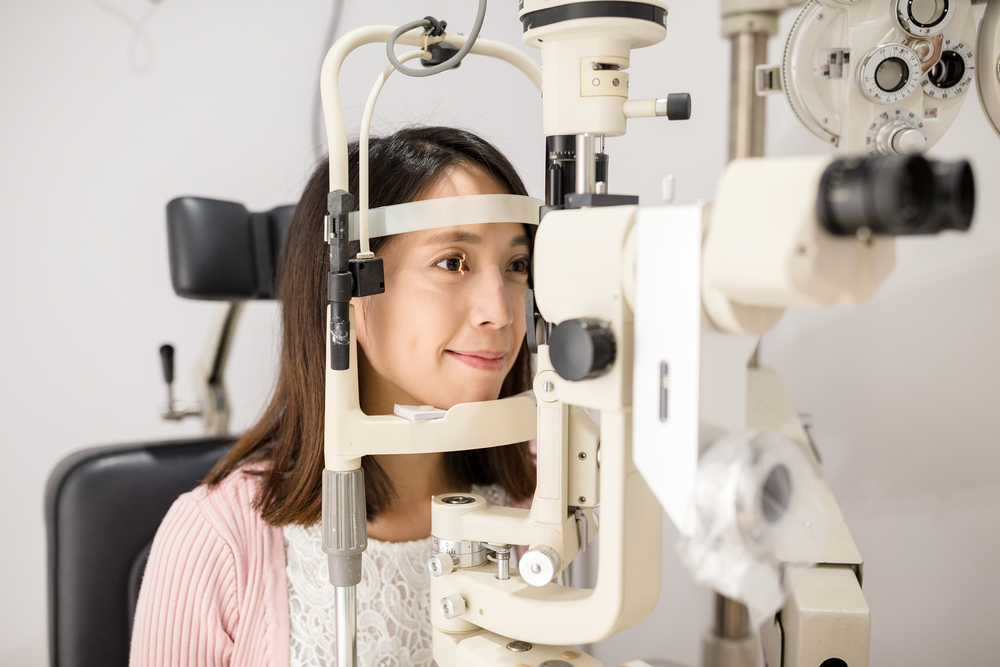
Diabetes is a health condition that affects different body organs, including the eyes. The disease occurs due to the body’s inability to store and regulate blood sugar. High blood sugar levels damage blood vessels, including those in the eyes.
It can lead to blurriness and other vision and eye health complications. Regular eye exams can help to identify early signs of eye issues, protecting the patient’s vision. Health experts recommend annual eye exams for people with diabetes.
Diabetes and Eye Diseases
Millions of people in the country have diabetes. The disease increases the risk of developing eye complications. The eye conditions, including diabetic retinopathy, macular edema, and glaucoma, often affect the patient’s vision and cause vision loss.
Most of them do not exhibit symptoms in the early stages. Health specialists recommend regular diabetic eye screening to detect eye issues before they affect the vision. Controlling diabetes and scheduling regular eye exams can help to prevent eye health problems.
Symptoms of Diabetic Eye Diseases
Individuals with diabetic eye diseases may not notice symptoms in the early stages. Over time, the symptoms become evident. They include:
- Blurry vision
- Vision changes
- Poor color vision
- Floaters in the vision
- Flashes of light
- Vision loss
It is vital for anyone experiencing the symptoms to visit an eye doctor. Prompt treatment can prevent permanent vision loss.
Regular Diabetic Eye Exams
Eye exams allow specialists to check an individual’s eye health. They help to detect eye issues early before they cause complications and when they are easier to treat. Diabetic eye tests involve a dilated eye exam.
Doctors use eye drops to widen or dilate the pupils, enabling them to view the inner eye structures more effectively. During the exam, optometrists or ophthalmologists check the patient’s vision, eye pressure, eye muscles, and response to light. The specialist will advise the patient on the next eye exam, depending on the exam results.
Risk of Diabetic Eye Diseases
Anyone with diabetes can develop eye diseases as high blood sugar levels gradually damage the blood vessels. Failing to manage diabetes increases the risk of developing eye diseases. Other risk factors include:
- High blood cholesterol
- Having diabetes for a long time
- Smoking
- Old age
- Pregnancy
Individuals of certain ethnic groups have a higher risk of developing diabetic eye diseases. These include African Americans, Hispanics, American Indians, and Pacific Islanders.
Treating Diabetic Eye Complications
After diagnosing an eye disease, the eye specialist can recommend an effective treatment plan. An ophthalmologist can help to treat eye conditions using laser treatment, medications, or eye surgery.
One or a combination of the treatments can help to halt or slow vision loss. Anti-VEGF medications can block the activity of the protein that creates new blood vessels. An effective diabetes management plan can help to prevent diabetic eye diseases.
Regular eye exams and maintaining or controlling blood sugar levels can help to prevent vision problems. Individuals can also protect their eye health by maintaining a healthy weight, wearing protective eyewear, and resting the eyes. Proper contact lens wear and care are essential for good eye health.
For more on why diabetics need regular eye exams, visit Bright Eyes Vision at our office in Plymouth, Indiana. Call (574) 936-2272 to book an appointment today.









